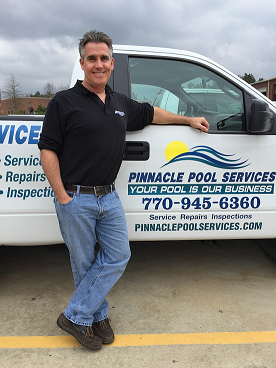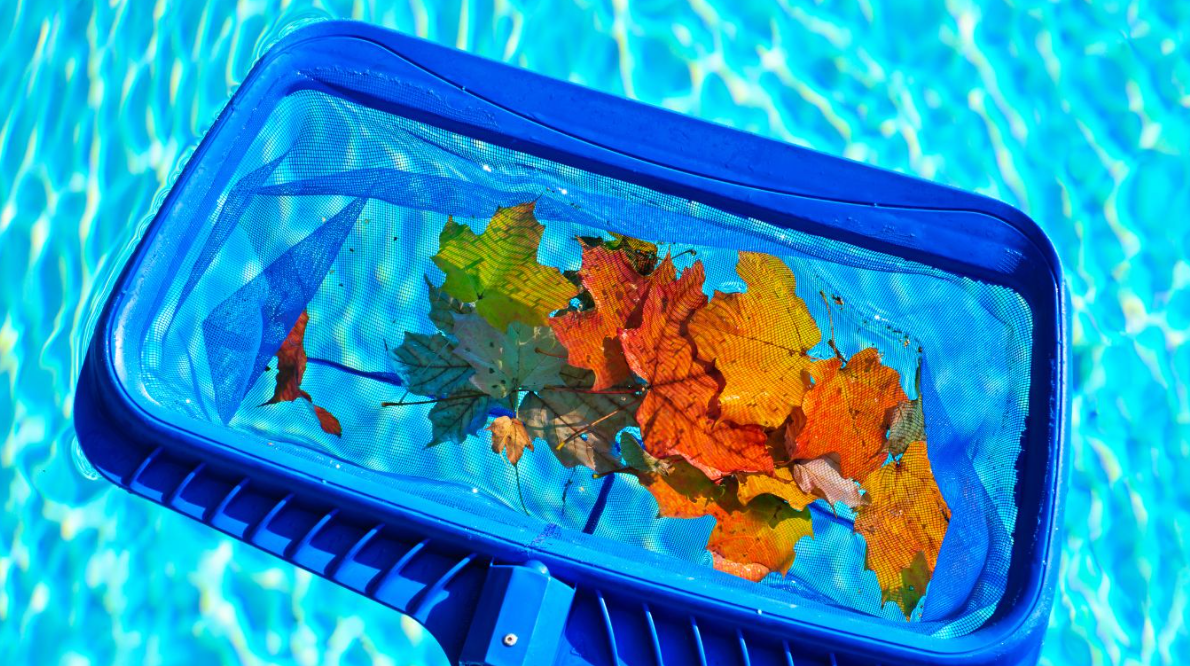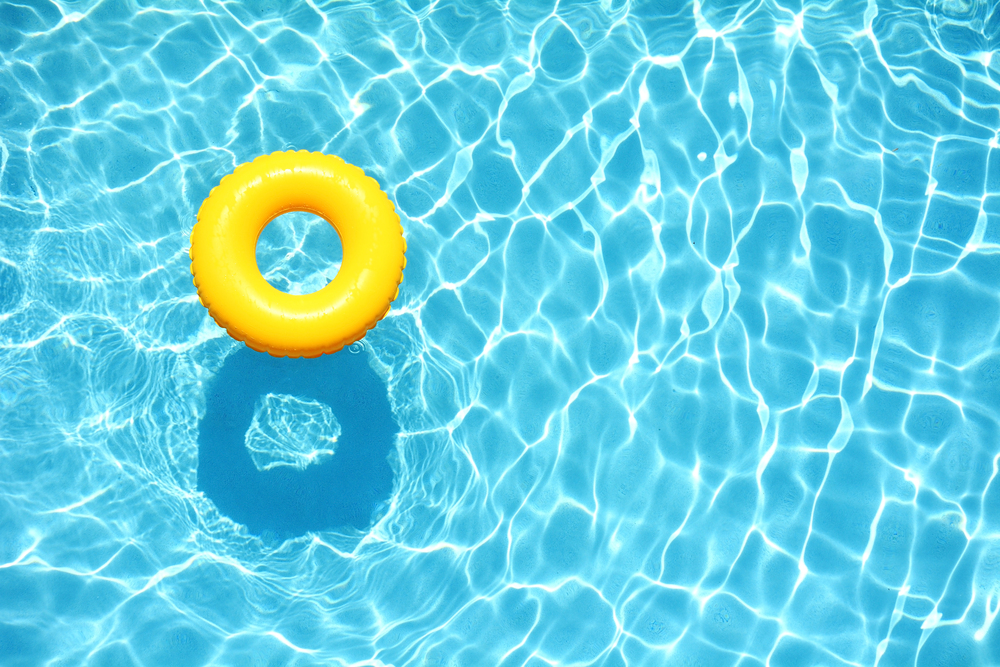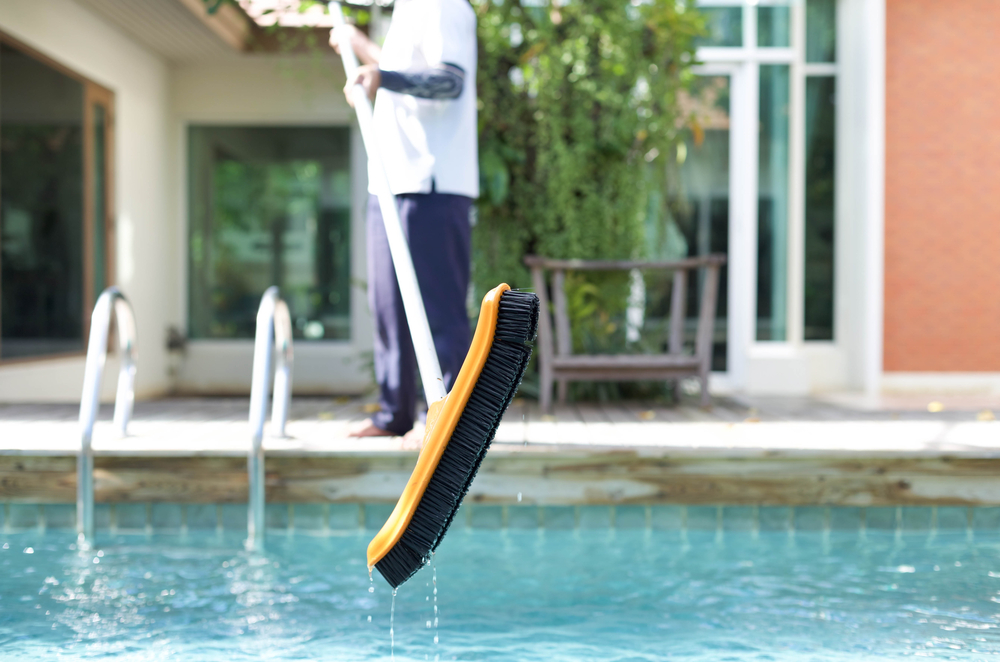Salt Water Pool Corrosion: Treatment and Prevention
Salt water pools have become something of a trend recently, with more people than ever before considering installing such a pool in their backyard. For those who are truly curious, Pinnacle Pool Services in Atlanta would like to help answer a few questions for you. Namely, we will provide information about one of salt water pools’ biggest drawbacks: salt water pool corrosion.
What’s a Salt Water Pool, and Should I Get One?
Basically, a salt water pool is like any other, but instead of adding chlorine regularly to your pool, an actual salt water chlorination system produces and keeps chlorine levels at reasonable levels for you. While this can save you some money in the long run, these specialized systems can be expensive to install, and repair costs aren’t much cheaper either. For more information about owning these pools, view our list of the
pros and cons of owning a salt water pool.
What is Salt Water Corrosion?
More than almost anything else, the corrosive elements of saltwater are the major disadvantages for anyone thinking about installing a salt water pool. To be perfectly fair, both regular chlorine and salt can be corrosive, especially to metals such as in pool ladders. The issue with salt, however, is that salt water and rust go hand in hand. Salt water can be excessively harsh in higher dosages and will not only corrode metals (stainless steel, aluminum and copper, especially) but will also ruin pool finishes.
If you have flagstone or concrete finishes anywhere around your salt water pool, you can expect that to wear away steadily over time. The same goes for tile finishes you may have installed in your pool. The real damage, however, is done to any pool equipment you may have running. Most commonly, salt water pool equipment will develop leaks and require immediate attention.
How do you treat salt water pool corrosion problems?
In all honesty, salt water corrosion is not necessarily something you can just wipe up, and by the time you notice it, it’s usually time to replace the affected surface or item. Either that or you’ll need to hire a professional
pool cleaning company to do the job.
The best advice for existing salt water pool homeowners is to be diligent and work to actively prevent corrosion. Just like any other pool owner, you will need to stay on top of chlorine and other chemical levels in your pool by regularly checking it. Should you start to notice potential corrosion-related issues, contact a professional to help assess the damage and replace any equipment that is damaged or no longer functions properly.
Who Can I Contact in Atlanta?
If you have further questions about salt water pool installation or how to combat salt water pool corrosion, please feel free to reach out to a specialist at Pinnacle Pool Services in Atlanta. We can teach you all you need to know about the drawbacks of salt water pools as well as walk you through how to deal with salt water corrosion. We look forward to hearing from you!

OUR LOCATIONS
5325 Piedmont Rd NE
Atlanta, Ga 30305
5805 State Bridge Rd #176
Johns Creek, GA 30097
12850 Hwy 9
Alpharetta, Ga 30004
3765 Namasco Dr. Suite F
Suwanee, GA 30024




